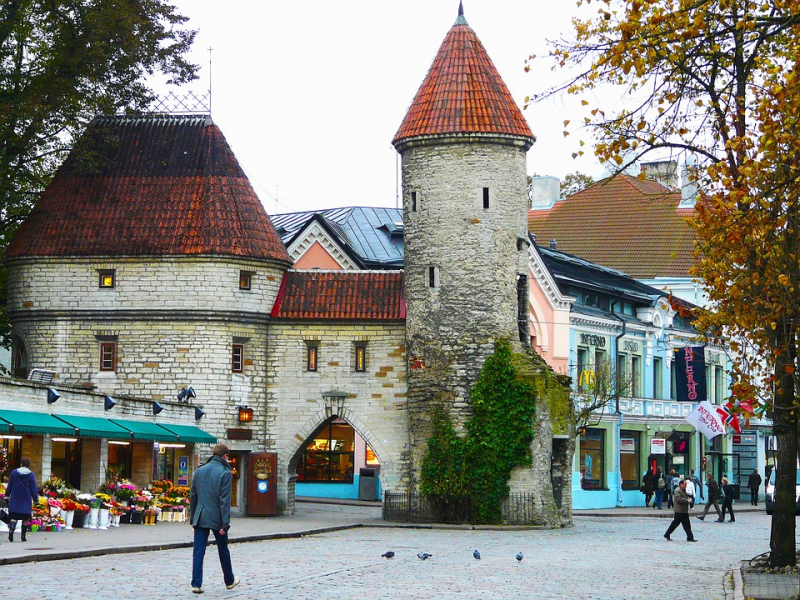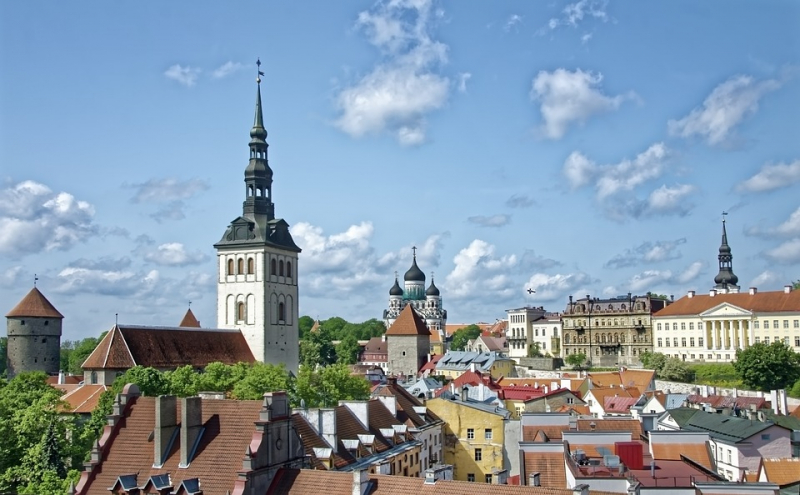Tallinn

Tallinn, Estonia's capital city, will become Europe's 13th Green Capital in January 2023, with the objective of being a model city for sustainable government. Tallinn, one of Europe's best-preserved medieval cities and a UNESCO World Heritage Site, is distinguished by the diversity of its landscapes and populations, which are home to uncommon plant and animal species. Tallinn pleased the international judges with a comprehensive approach to sustainable governance and interconnected strategic goals that mirror the aims of the European Green Deal and the Sustainable Development Goals of the United Nations.
Tallinn's goal is to provide carbon-neutral, free public transportation by 2035. To achieve this aim, the city is investing in new tram lines and electric buses, as well as rethinking city design to incorporate an additional 40 kilometers of bike lanes. Tallinn's existing cycle routes and highways will be made safer by progressively constructing a network of safe elevated cycle tracks physically segregated from city center pavements. The goal is to make Tallinn a 15-minute city, which means that major amenities such as employment, stores, entertainment, and education should be within 15 minutes on foot or by bicycle from any section of the city. Tallinn's trams already run entirely on renewable energy.
Klint Park is another green corridor that connects three Tallinn neighborhoods. This nine-kilometer-long unique park area will be turned into a cohesive and integrated leisure space for everybody. The cliff features a variety of ecosystems, including some endangered plant and bird species. The goal is to create an atmosphere in which people may relax while interacting with nature as little as possible.
Location: Estonia
















